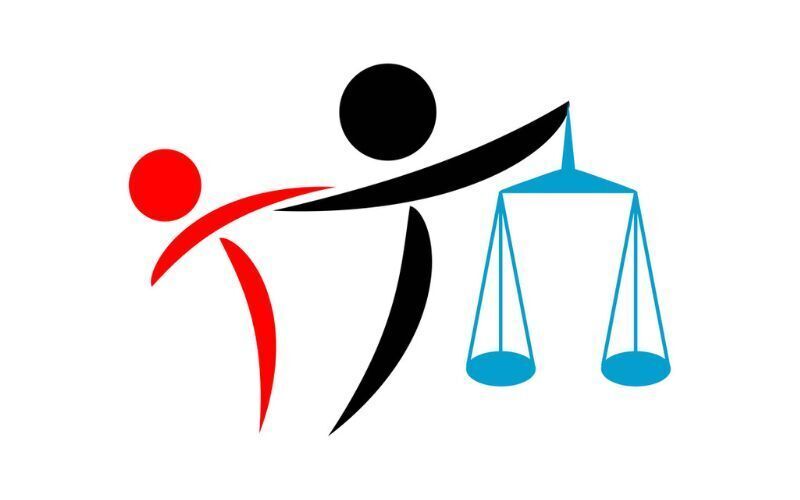11 Reasons We Must Take A Stand Against Inequality
by Maxwell Strachan
The American rich have perhaps never had it so good. In fact, they took home more of the nation's income in 2012 than at any time in the past century. And despite what their most vocal defendants might say, that's a problem for all of us. Here's why.
The rich save a lot of their money, so it hurts the economy when they get richer at the expense of others. The top one percent of earners were saving 37 percent of their money at one point last year, according to a survey by American Express Publishing and the Harrison Group. And more than half of the rich surveyed said they had no plans to invest their cash pile. That means less money is circulated in the economy, giving it a smaller chance of revving up and creating a higher number of jobs.
Meanwhile, people with lower incomes spend much more of their money, so it helps the economy when their incomes rise. As Michael Linden, the left-leaning Center for American Progress' managing director for economic policy, told HuffPost last year:
"If the choice is between putting the money under a rich guy's super super expensive mattress or giving it to a middle-class family who needs to pay for child care… I'd rather pay for child care. That's better for the middle-class family and that's better for the economy."
In fact, when the rich get richer us normals overspend. When the rich boost their spending, we do too in an attempt to keep up with the Joneses, according to a 2012 study out of the University of Chicago’s Booth School of Business.
While that spending boost is good for the economy, it also has left the nation as a whole with a savings rate in single digits, low enough to make a lot of us vulnerable to sudden economic shocks, such as an unexpected medical bill.
All of this appears to create instability that may not be good for long-term economic growth. Researchers at the International Monetary Fund published a paper in 2011 that found countries with less income inequality often sustained longer periods of growth, or “good times” as I’d prefer to call it.
Here’s what that looks like in chart form:
Inequality worsens economic mobility too. Along with a lot of other horrible things -- segregation, bad school systems, etc. -- income inequality was recently found to decrease your chances of making it rich, or even getting to the middle class.
Miles Corak, an economics professor at the University of Ottawa, also developed this chart in a paper of his, which tracks the close correlation of between inequality and economic immobility:
The research was used by Alan Kreuger during his time as White House chair of the Council of Economic Advisers during the Obama administration to predict that the country's economic mobility will only worsen in the next 25 years as a result of growing inequality.
It only further cements the rich’s control over the political process. The median net worth of U.S. senators is now is around $2.7 million, which, according to my calculations, is a lot of money. And as is detailed in the book “Winner-Take-All Politics” the rich have slowly been exerting more and more influence over the entire political process, too.
Billionaire Sheldon Adelson did a good job of proving this when he spent at least $98 million in a failed 2012 attempt to make sure Barack Obama wouldn’t be president anymore. Obama won, but still.
It also makes us more violent. That’s according to a 2002 study out of the World Bank that found that inequality and crime were not only “positively correlated,” but that the former likely causes the latter. The findings, the researchers said, hold true both “within each country and, particularly, between countries.” Note: No population within the developed world kills more people per year with guns than we do.
And fatter. News alert: This country is dealing with an obesity crisis. And according to a 2005 study of 21 developed economies, income inequality was closely associated with both obesity and calorie consumption, a finding that the authors found to be consistent with studies that focused on inequality within U.S. states.
Here's men:
And here's women:
And freaks out global investors. Even the people with money agree inequality is a problem that must be addressed by federal governments, according to a recent poll by Bloomberg Global. And don’t you want the global investors to be happy!?
And makes women depressed. Women living in particularly unequal states are more likely to struggle with depression, according to a 2013 study published in the Journal of Epidemiology and Community Health.
And finally, it makes people mad! By a wide majority, Americans are not happy with how money is distributed in their country these days, according to a Gallup poll from earlier this month. And as some guy named Plutarch once said: "An imbalance between the rich and poor is the oldest and most fatal ailment of all republics."

